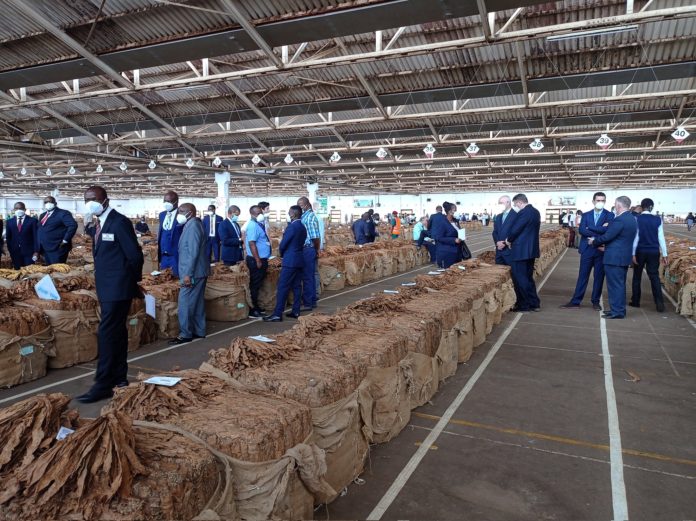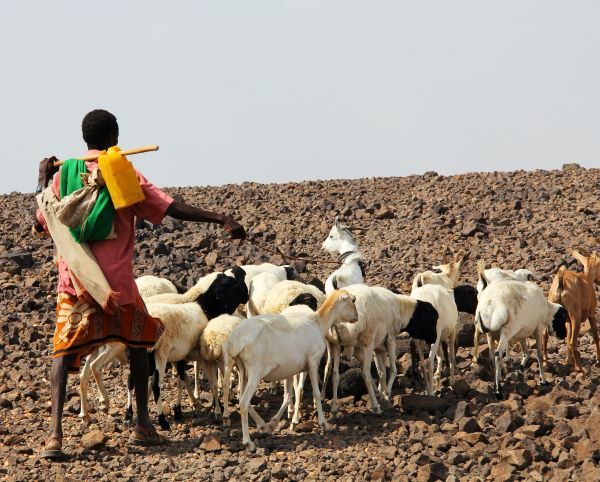Malawi has sold 13 million kilogrammes of tobacco this season, generating over US$26 million (21 billion Malawi Kwacha) at the country’s four tobacco floors.
The Tobacco Commission (TC) in Malawi has described the 2022 marketing season as promising after farmers had their crop bought above prescribed prices.
TC’s chief executive Joseph Chidanti Malunga the majority of the tobacco crop, initially was expected to be purchased at minimum prices, was marketed above the mark, a situation which he said will see growers breathing a sigh of relief.
“For illustration purposes, burley tobacco grades of NG (non-descript) that would ordinarily be bought at the government’s set minimum price of 95 cents because reflecting on its quality, had been bought at a price as high as $1.76 which is 85% higher than the set minimum price.
“As of 18th May, the average price of the leaf was two dollars and four cents (US$2.04) per kilogram. We anticipate that we can get even better prices but these are positive developments on the market,”Malunga said.
He indicated that this year the commission will only manage to sell at least 100 million kilograms of the product against the required 161 million kilograms which he attributed to change of rainfall patterns.
However, Malunga added that despite the low volumes of tobacco this year, there is the possibility of generating more income at the end of marketing season claiming the low volumes have put buyers under panic.
He further commended Malawian tobacco farmers for maintain quality grading, adding this had seen few cases of the leaf being rejected at the auction floors.
“Even the rejection rate has tremendously reduced and in some cases, we don’t even have rejection. I went to Mzuzu the other time Chinkhoma, there was no rejection at a particular point. So, this is exciting not just to the commission but the growers as well,” he added.
Meanwhile, the TC one way of improving production in next farming season was through be early registration by the growers and urged farmers to register by June, which will also give them ample time to mobilise resources.
In the next growing season, the commission will not restrict farmers on production volumes, but instead the TC would allow for production plans as indicated by the growers, based on the size of the land earmarked for the farming.









